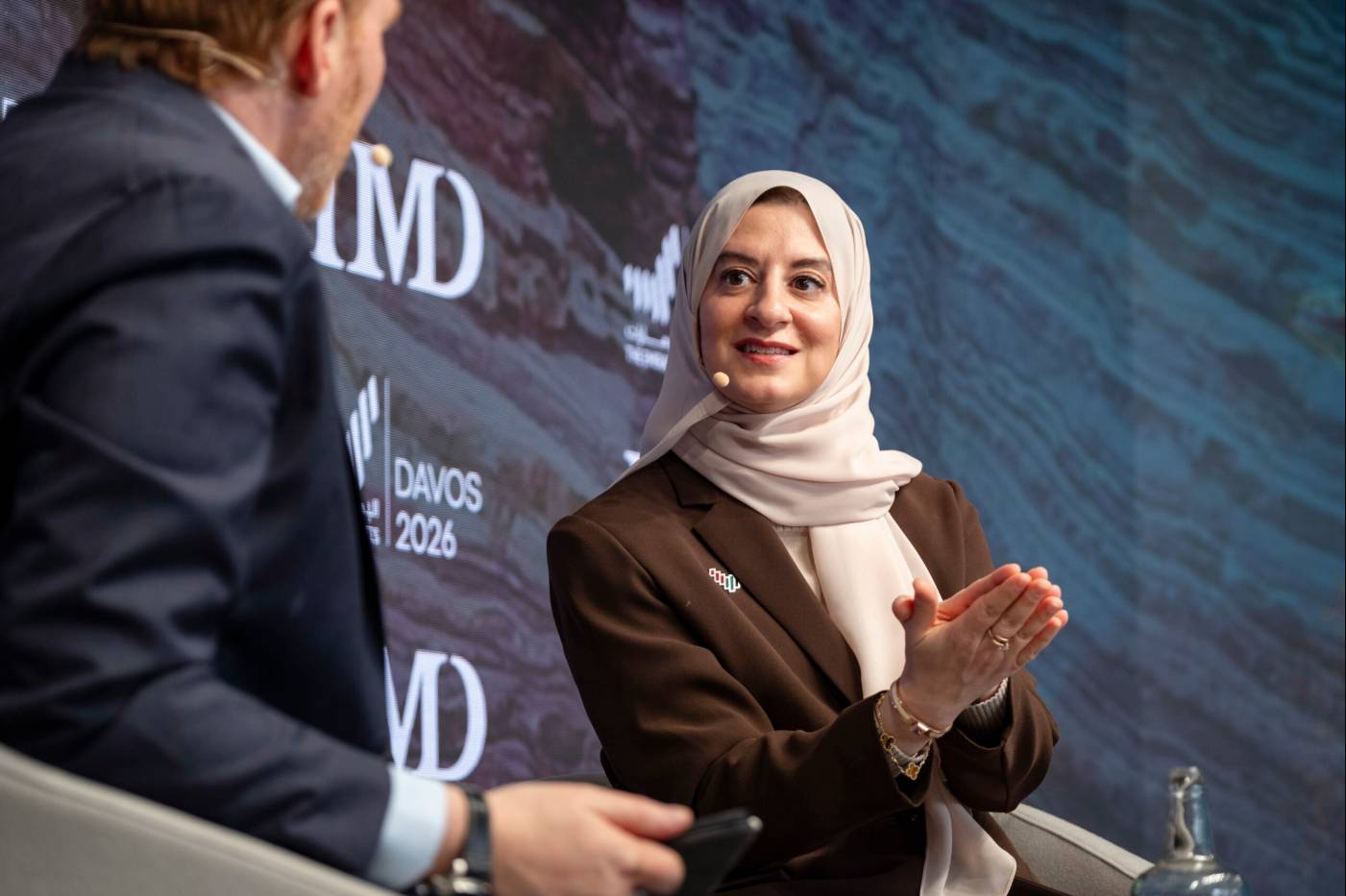
Optimism as strategy
Countries building ecosystems where government vision, business innovation, and investor confidence reinforce each other to gain competitive advantage through strategic optimism. ...
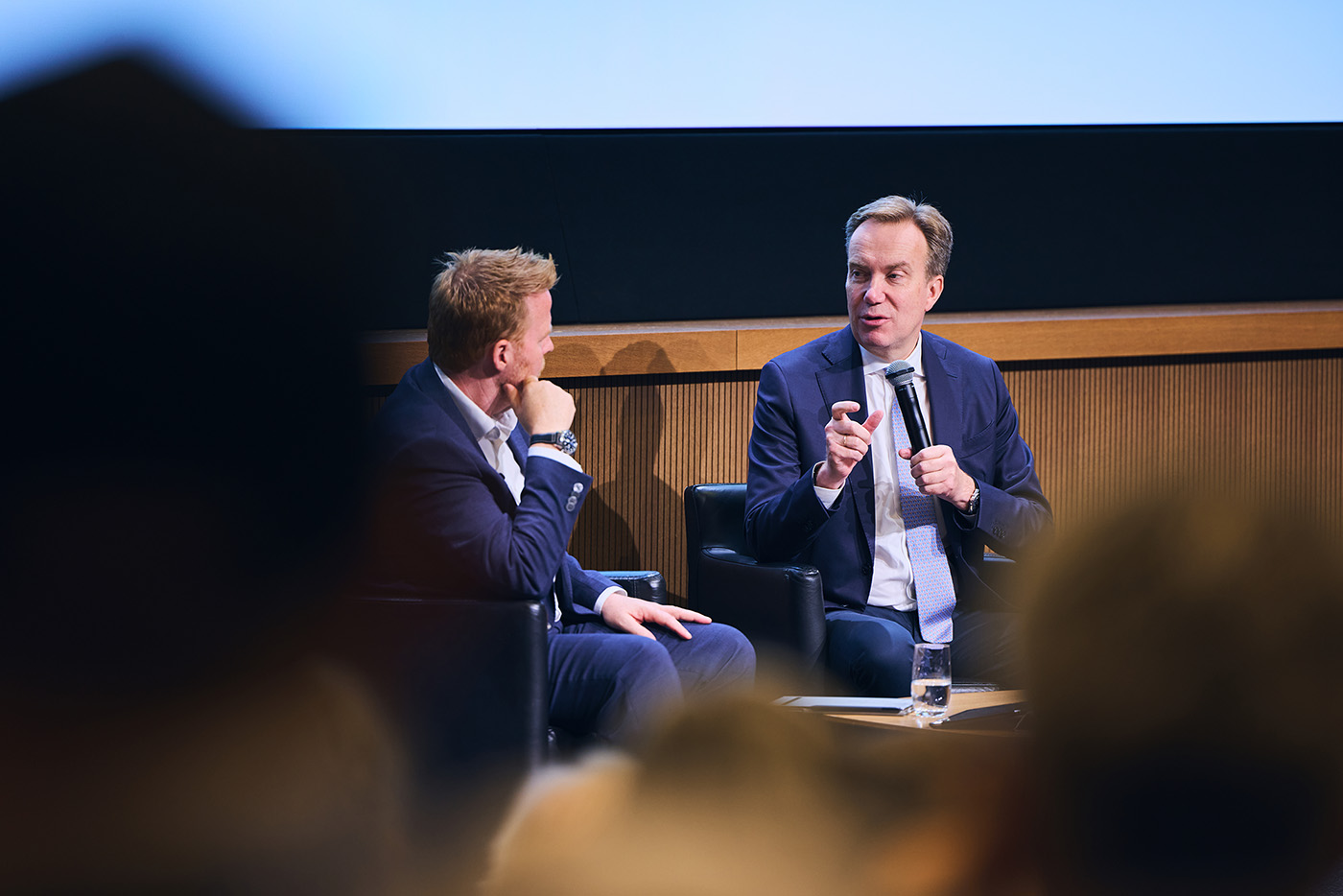
by David Bach Published October 4, 2025 in Geopolitics • 5 min read
For much of our careers, many of us operated in a world of deepening globalization. Trade was expanding, inflation felt under control, and security wasn’t at the top of our agenda. That world has changed. And while some of us may have hoped things would simply return to “normal,” it’s clear we’re in a very different environment now. That’s why geopolitics has become such a central management and leadership issue: it requires all of us to adapt, to rethink assumptions, and to lead differently.
At this year’s IMD Alumni Symposium in Lausanne, I had the opportunity to discuss what this new world order means for the global economy and business leaders with Børge Brende, President and CEO of the World Economic Forum.
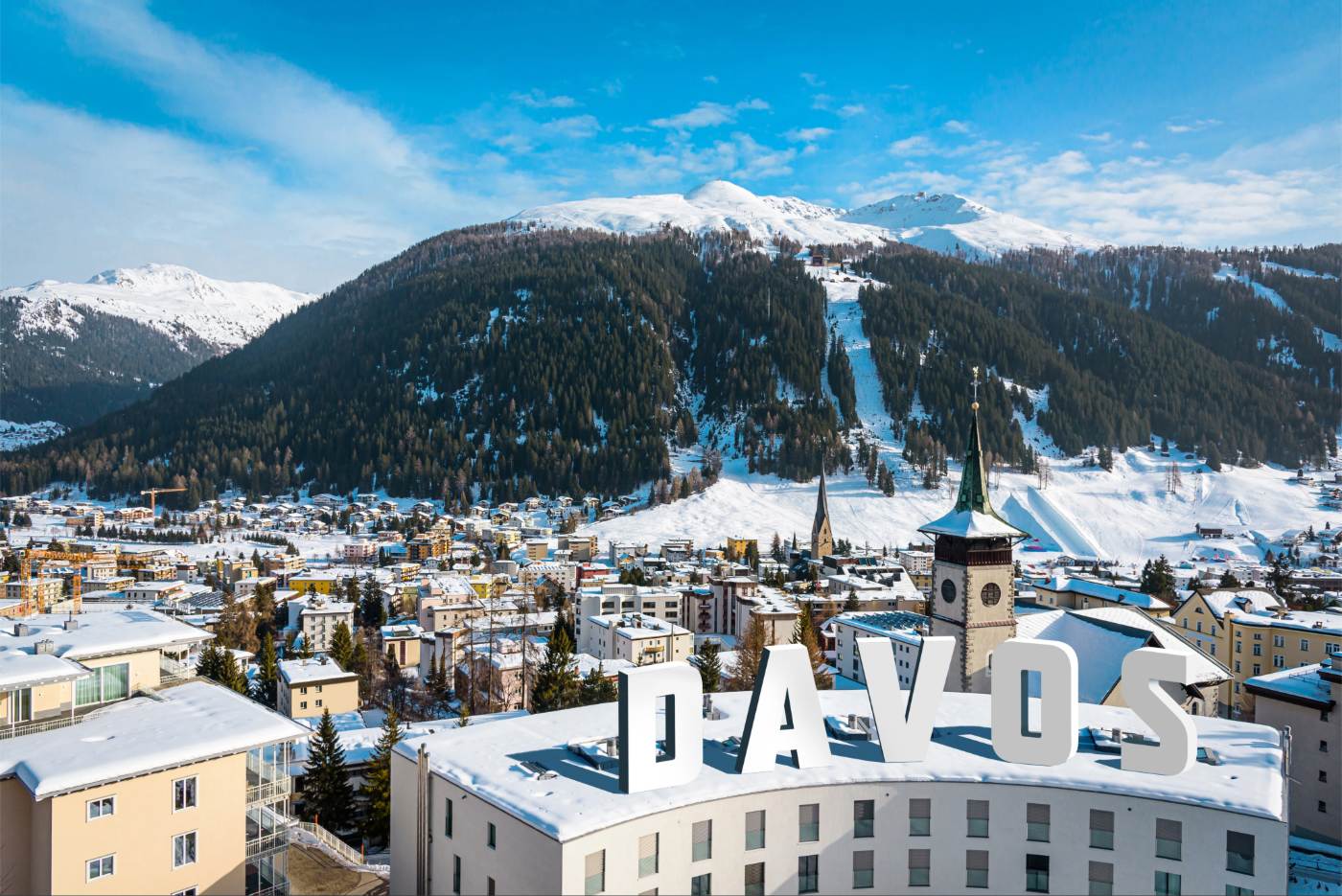
“The highest tariff in the world, in my view, is unpredictability.”
“The highest tariff, in my view, in the world is unpredictability,” said Brende, noting, however, that despite intensifying geopolitical turmoil, the global economy has proven remarkably resilient. A year ago, much of the debate centered on whether the US would face a soft or hard landing, he said. Yet, there has been no landing at all; the economy continues to grow robustly.
While the US represents 25–30% of global GDP, it accounts for an astonishing 70% of the total market capitalization of listed companies worldwide, said Brende. This reflects the extraordinary financial muscle of the US, which this year alone is channeling roughly $500 billion into artificial intelligence, as well as the ability of its companies to access capitalize and utilize cash flows for investments. Although many of these AI companies have yet to generate returns, the scale of investment underscores America’s dominance in innovation and finance.
In Brende’s view, these new transformative technologies are driving productivity gains that may have shielded the economy, though progress won’t be linear. Risks are mounting and as with past bubbles – most famously the dotcom bubble of the early 2000s – there are concerns around overvaluation in areas like crypto and AI.
Still, Brende noted that even bubbles can accelerate lasting transformation, just as the dotcom era paved the way for today’s digital economy.
Going further back in time, the move from agriculture (where 97% of the Swiss population worked 100 years ago versus 2% today producing triple the food), show how economies can radically transform. Success depends on adapting, otherwise, nations risk decline, as seen in Argentina.
While the US is still an economic powerhouse – accounting for 30% of the global economy with just 5% of the global population – it is no longer willing to be the global policeman. As Brende noted: “The US is still a superpower, but maybe a superpower without superpowers” with Afghanistan showing the limits and risks of war.
Brende expressed optimism about Europe’s prospects. “Those who write off Europe are making a mistake. Europe has an ability to bounce back,” he said, highlighting Spain’s position as the fastest-growing OECD economy and Europe’s status as the world’s second-largest exporter of manufactured goods after China.
He observed that while Europe typically responds best under pressure, the region holds significant potential if it pursues a capital markets union and implements the reforms proposed by Mario Draghi.
A major risk, however, is the rise of populism. Europe must determine how to uphold its values while managing immigration challenges, Brende said.
Brende believes we are in an “AI arms race” with those who succeed in leading developments in AI, fusion, and biotech directly increasing their global influence and national power. A question is whether it will lead to a “winner-takes-it-all” situation, or whether the gains would be more distributed, he added. Brende is bullish that there will be more opportunities later on.
“I’m overall quite optimistic for the world moving forward. I think we’re at the start of a situation where the new technologies will be the driver of growth for decades. I think these new technologies will fuel growth and the world will be more prosperous,” he said. “You should focus your leadership on the business opportunities.”
This article is inspired by an opening session at IMD’s 2025 International Alumni Symposium in Lausanne, 3-4 October 2025.
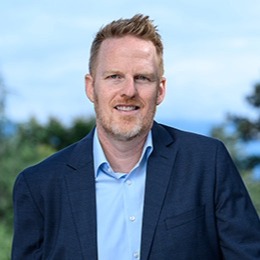
President of IMD and Nestlé Professor of Strategy and Political Economy
David Bach is President of IMD and Nestlé Professor of Strategy and Political Economy. He assumed the Presidency of IMD on 1 September 2024. He is working to broaden and deepen IMD’s global impact through learning innovation, excellence in degree- and executive programs, and applied thought leadership. Recognized globally as an innovator in management education, Bach previously served as IMD’s Dean of Innovation and Programs.
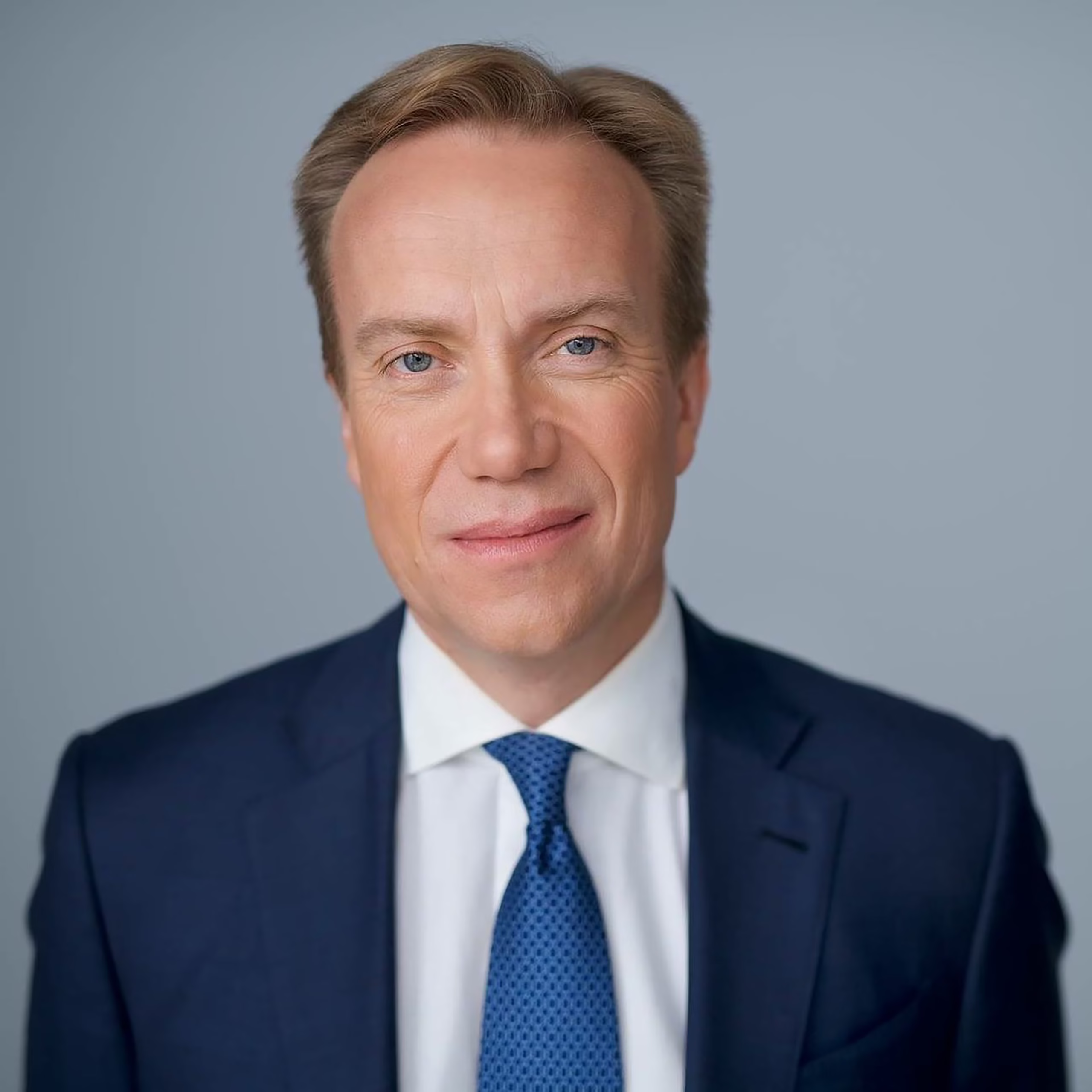
President and CEO of the World Economic Forum
Børge Brende is President and CEO of the World Economic Forum. Previously he was the Norwegian Minister of Foreign Affairs, Minister of Trade and Industry, and Minister of Climate and the Environment. He served as Deputy Chairman of the Norwegian Conservative Party as well as MP. He was also full-time city counselor in his hometown of Trondheim. He was Chairman of the UN Commission on Sustainable Development and Secretary-General of the Norwegian Red Cross. He is a Member of the Advisory Council, Harvard International Negotiation Program, the China Council for International Cooperation on Environment and Development (CCICED), the Strategic Committee of Sciences Po, and is currently on the Board of the Bilderberg Meetings.

February 2, 2026 • by David Bach, Huda Al Hashimi in Geopolitics
Countries building ecosystems where government vision, business innovation, and investor confidence reinforce each other to gain competitive advantage through strategic optimism. ...
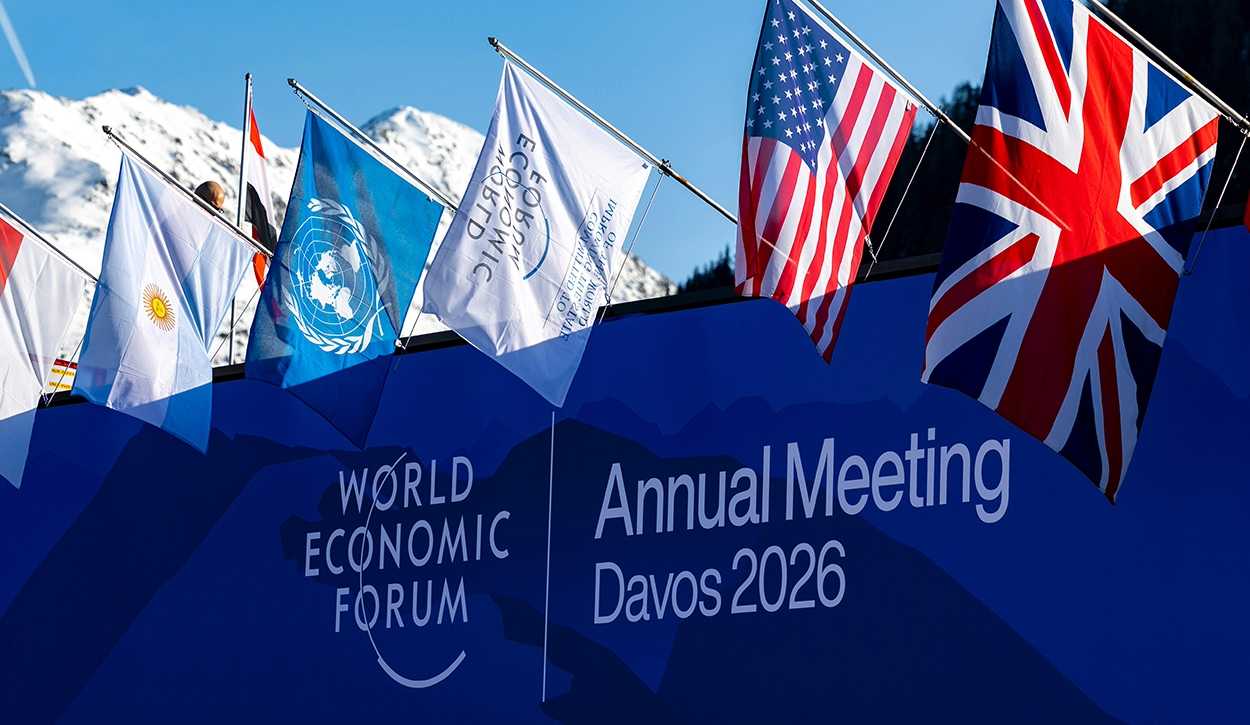
January 23, 2026 • by David Bach, Julia Binder in Geopolitics
Live from Davos: IMD’s Julia Binder and David Bach cut through the headlines on geopolitics, AI, energy – and competing visions for the international order....
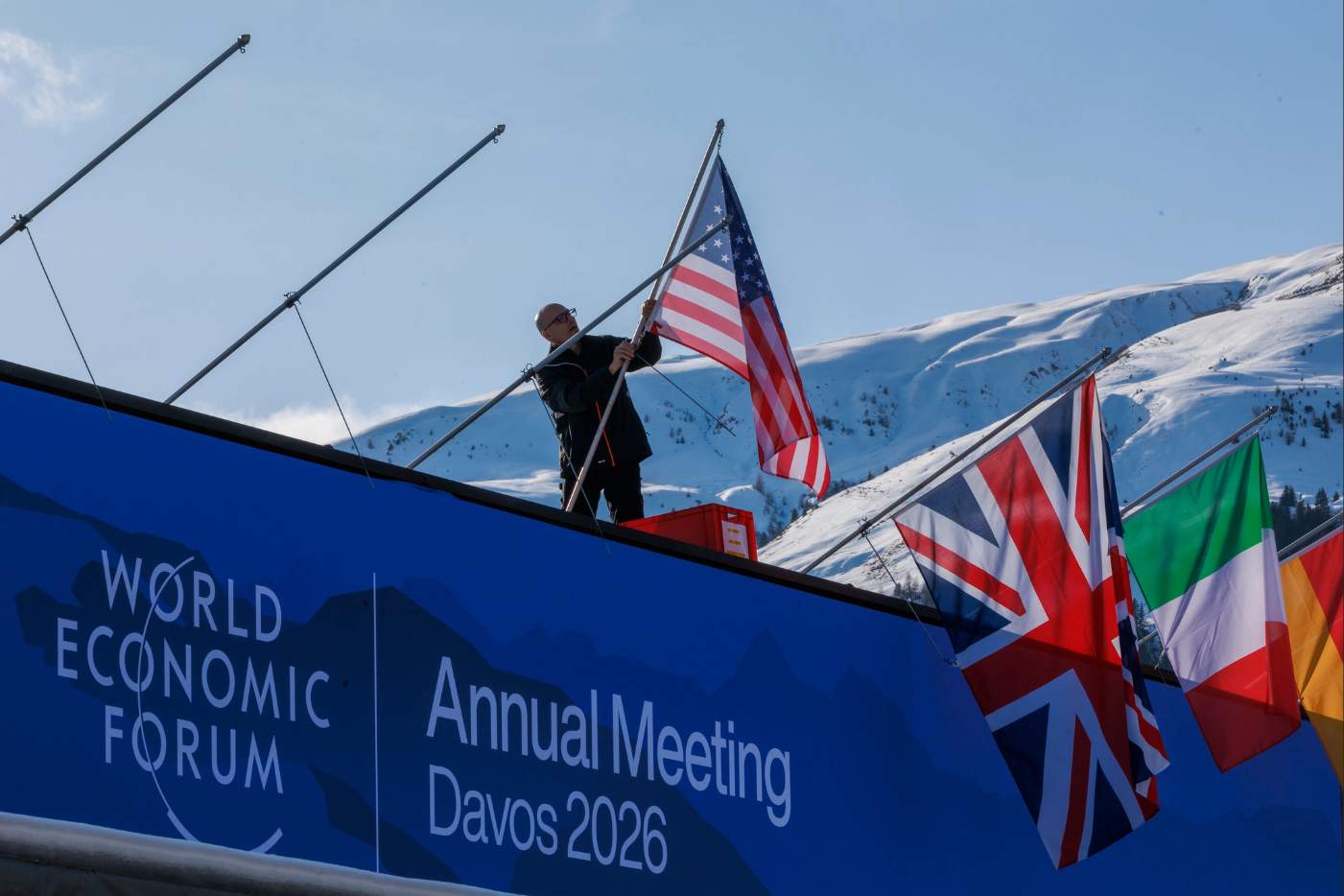
January 23, 2026 • by David Bach, Julia Binder, Arturo Bris, Frédéric Dalsace, Simon J. Evenett, Florian Hoos , Jennifer Jordan, Sara Ratti, Karl Schmedders, Sarah E. Toms, Ginka Toegel in Geopolitics
From Trump and transatlantic tensions to AI’s reality check and sustainability’s reinvention, Davos 2026 signals a shift toward values-based pragmatism....
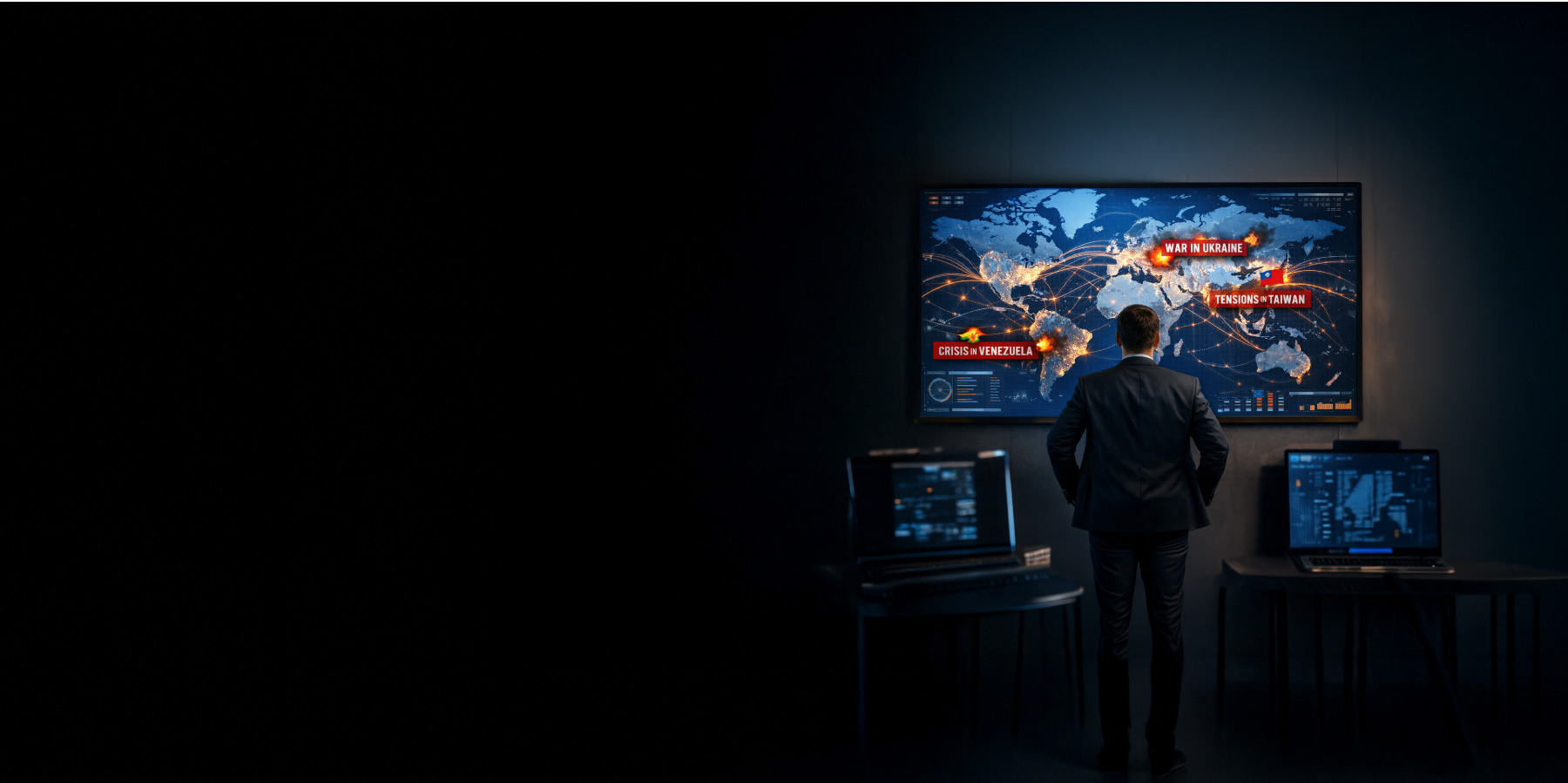
January 12, 2026 • by Simon J. Evenett in Geopolitics
In turbulent times, companies can justify their investments in geopolitical assets by moving beyond risk mitigation and using foresight to gain competitive advantage and create value....

by David Bach Published October 4, 2025 in Geopolitics • 5 min read

by David Bach Published October 4, 2025 in Geopolitics • 5 min read
Explore first person business intelligence from top minds curated for a global executive audience